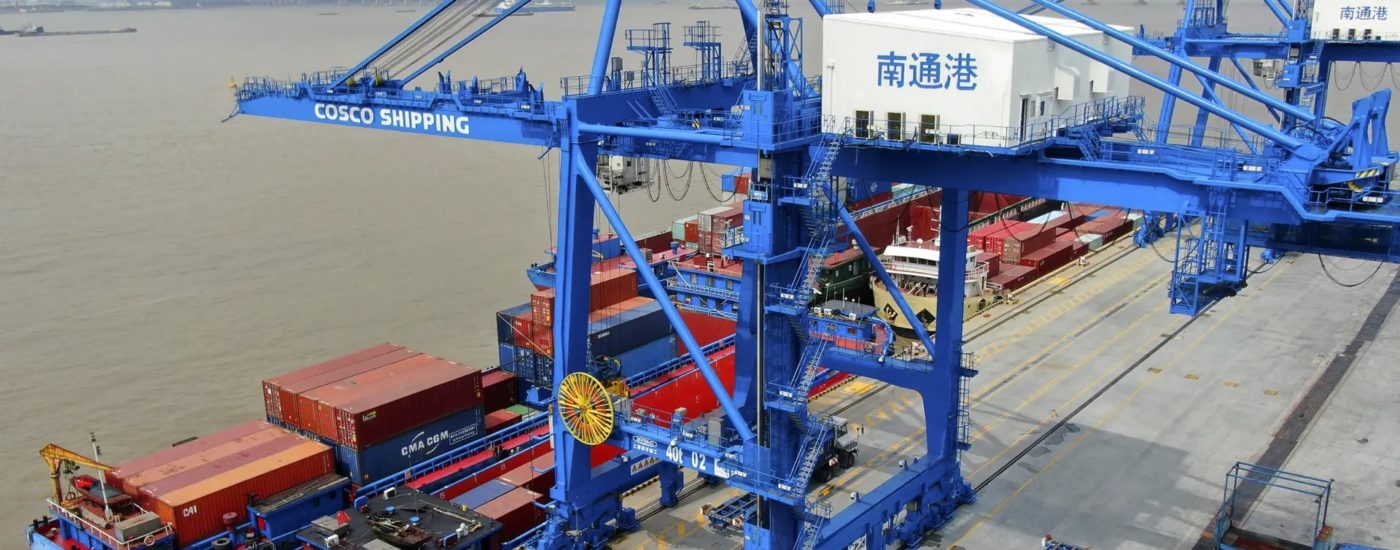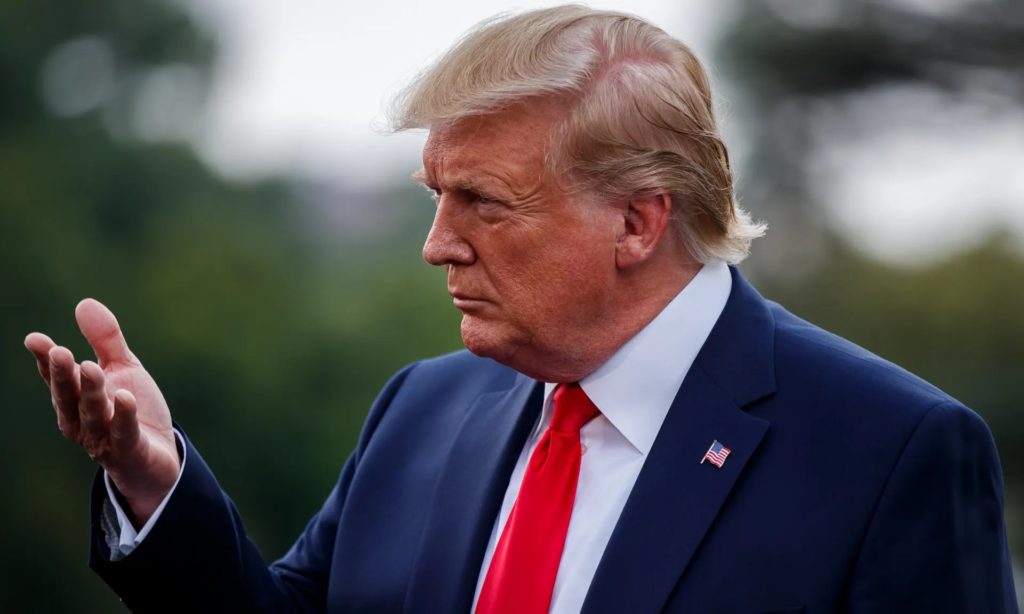Why is Trump imposing tariffs on China and how could it affect global economy?

Trump imposing tariffs on China that affects global economy!
The Guardian. Press Association
Global stocks fell sharply on Friday after Donald Trump threatened to impose tariffs on $300bn (£247.6bn) of Chinese goods in a rapid escalation of the trade war between the world’s two biggest economies.
Why is Trump imposing tariffs on China?
Trump is applying pressure to try to force China to narrow the trade deficit – the gap between imports and exports – between the two countries. He complains that China buys fewer US goods than the US buys from China, a gap worth $419.5bn last year. He has also accused Chinese firms of stealing US companies’ intellectual property and called for Beijing to alter its rules.

How do tariffs work?
Tariffs are border taxes imposed by one country or economic bloc on goods shipped from a trading partner. The idea is to drive up the cost of those goods to make them less attractive to consumers than domestic produce. The taxes are paid by buyers of goods when they cross the border into the country imposing the tariff.
What is the scale of the latest threat?
Trump is threatening tariffs of 10% on $300bn of Chinese imports. The White House already levies tariffs of 25% on $250bn of Chinese goods. Adding both together would mean roughly all Chinese imports to the US face higher taxes. China sold $539.7bn of goods to the US last year.
What other tariffs are in place?
Advertisement
Beijing has retaliated with tariffs of up to 25% on US goods worth $113bn. China is constrained by how much further it can go, given that total imports from the US were worth $120.1bn last year. However, the trade war has extended beyond tariffs before, with rules to make life difficult for US or Chinese companies, such as the US blacklisting the Chinese technology company Huawei.
How could it affect the global economy?
The International Monetary Fund has said the US-China trade war is dragging on global growth. Last month it said the conflict would cut growth by 0.1 percentage points in 2019 and 2020 from its April forecasts, at 3.2% and 3.5% respectively. International trade growth has stalled and business investment has been paused because of the uncertainty over trade. Factory output has stalled in several countries including the UK, Germany and Italy, with a knock-on impact on growth. Central banks including the US Federal Reserve and European Central Bank are under pressure to cut interest rates as a consequence.
Is a peace deal in sight?
The escalation from Trump was a surprise and China has said it will not be intimidated – a sign that the conflict will not dissipate quickly. Economists believe tariffs could just be a negotiating tactic and the US president has flip-flopped before, raising hopes of a resolution. Trump could also expand his trade war to involve other nations, as well as the EU. He has tariffs on car imports in his sights, ostensibly to protect the US auto industry. Economists say imposing car tariffs on the EU would dramatically escalate the global trade war and further damage global growth.
